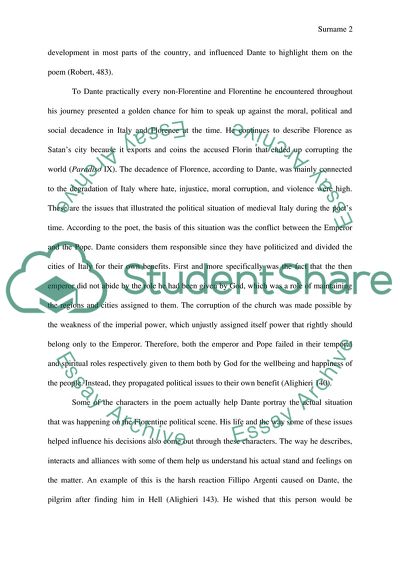Cite this document
(“Dante's Inferno Essay Example | Topics and Well Written Essays - 2000 words”, n.d.)
Dante's Inferno Essay Example | Topics and Well Written Essays - 2000 words. Retrieved from https://studentshare.org/literature/1640757-dantes-inferno
Dante's Inferno Essay Example | Topics and Well Written Essays - 2000 words. Retrieved from https://studentshare.org/literature/1640757-dantes-inferno
(Dante'S Inferno Essay Example | Topics and Well Written Essays - 2000 Words)
Dante'S Inferno Essay Example | Topics and Well Written Essays - 2000 Words. https://studentshare.org/literature/1640757-dantes-inferno.
Dante'S Inferno Essay Example | Topics and Well Written Essays - 2000 Words. https://studentshare.org/literature/1640757-dantes-inferno.
“Dante'S Inferno Essay Example | Topics and Well Written Essays - 2000 Words”, n.d. https://studentshare.org/literature/1640757-dantes-inferno.


